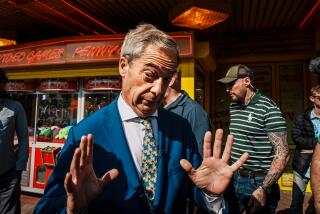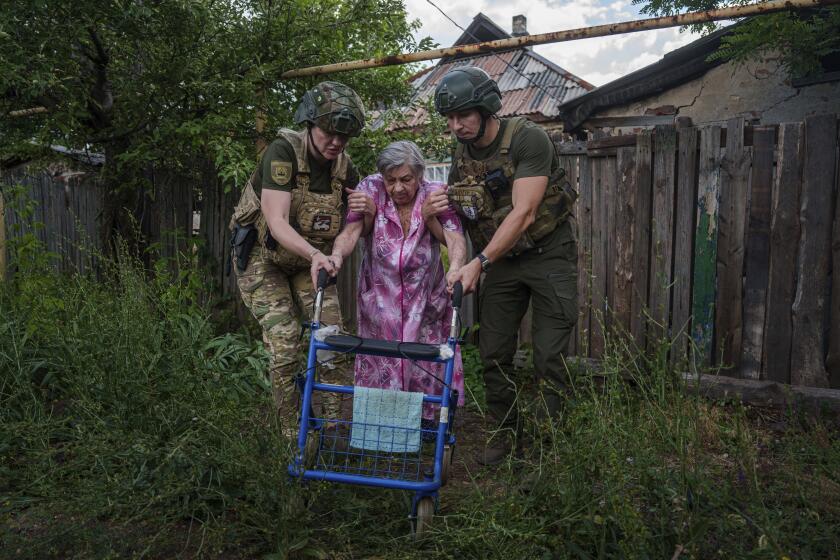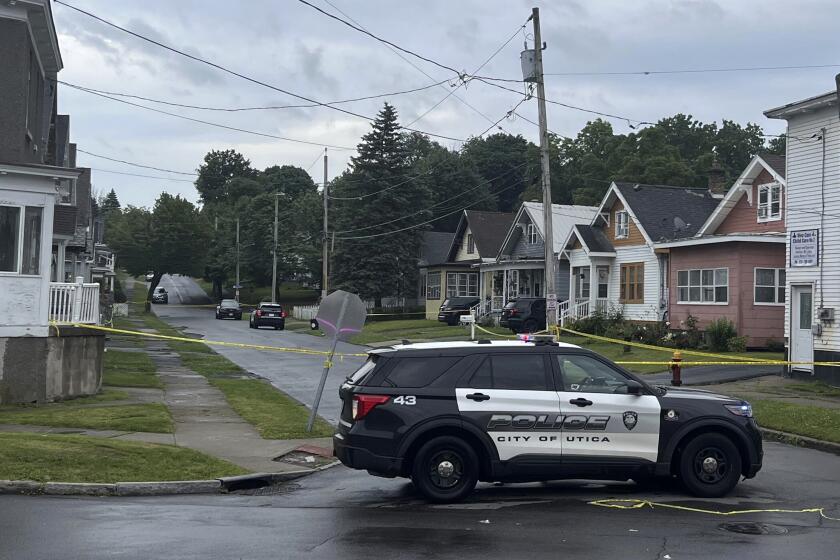Anti-Regime Protests Spread in South Korea
Anti-government protests spread Friday in Seoul and the southwestern Cholla region, challenging the victory of Roh Tae Woo in Wednesday’s presidential election.
National police headquarters reported more than 1,100 demonstrators had been detained over two days in Seoul alone. They included 993 students and dissidents who had occupied the Kuro district office building and vote-counting station in Seoul for two days, holding about 100 officials hostage. Police retook the building in a massive assault Friday morning.
Late Friday, the official Central Election Management Committee issued the final vote count, showing Roh Tae Woo first with 8.28 million votes (36.6%), Kim Young Sam second with 6.34 million (28%), Kim Dae Jung third with 6.11 million (27%), and Kim Jong Pil fourth with 1.82 million (8%).
Roh Suggests Meetings
Roh called for individual meetings with each of the three major defeated candidates but received no immediate response.
The second and third finishers, Kim Young Sam and Kim Dae Jung, rejected the election results Thursday, charging electoral cheating by Roh’s ruling party. They vowed to overturn the results and backed a protest campaign launched by the dissident National Coalition for Democracy.
At midday Friday, several hundred students engaged in a sharp, brief clash with riot police in the Myongdong district in downtown Seoul. After stopping traffic and hurling several volleys of rocks and gasoline bombs at the police, they were dispersed with tear-gas grenades. Two police substations were attacked during the fighting.
Later, at the Christian Broadcasting System building, a center for religious and anti-government organizations, including the National Coalition for Democracy, a larger street battle broke out. Several rounds of tear gas were fired into the lobby of the building, and students filled the streets outside, chanting anti-Roh slogans.
Throwing bricks from a nearby construction project and paving stones pried out of the sidewalks, they battled police to a standoff as their supporters cheered them on from the balconies of the broadcast building. At dusk and after heavy tear-gas barrages, the protesters melted away.
In Kwangju and some other major cities of the Cholla region, Kim Dae Jung’s power base, demonstrations continued Friday. In Kwangju, protesters threatened foreign journalists on the streets, accusing them of not fully reporting the election fraud which, they contended, stole the election from Kim Dae Jung.
Protests in 12 Cities
Except for pronouncements by Roh and President Chun Doo Hwan, his political sponsor, the politicians largely turned the agitated aftermath of the fiercely fought election over to the protesters, who took to the streets in 12 cities.
Chun, an unpopular president who leaves office Feb. 25 in what is billed as South Korea’s first peaceful turnover of power, declared in a statement: “Everyone should humbly accept the will of the people. The winner should warmly embrace the losers, while the losers should heartily congratulate the winner.”
With the election past, he warned, “The administration will now sternly deal with any and all illegal and disorderly acts that disrupt everyday life and inconvenience innocent people.”
Reconciliation Move
A spokesman for the ruling Democratic Justice Party said Roh plans to establish next week a commission of about 50 citizens “from all walks of life” to discuss ways to reconcile South Koreans after the bitter campaign. The No. 1 issue, the spokesman declared, will be how to heal the scars of the Kwangju incident, the bloody military repression of an anti-government uprising there in 1980.
Meanwhile, Lee Dai Soon, the ruling party floor leader in the National Assembly, reasserted the party’s plan to reform the assembly law and carry out a National Assembly election in February. The opposition favors electing new assemblymen in April. By moving earlier, Roh’s party could catch the opposition still disheartened and divided.
The most dramatic development of the day was the police assault on the occupied district hall in Kuro. Students, primarily supporters of Kim Dae Jung, had held the building since election day when they found election officials with a ballot box hidden under some bread boxes in a pickup truck. Declaring the situation apparent evidence of fraud, the student poll watchers seized the box and the officials.
At 6:30 Friday morning a force of more than 4,000 riot police moved against a crowd of nearly 1,000 students in and around the building. Students on the roof of the five-story structure hurled gasoline bombs and roof tiles down on the advancing police, who fired rifle-launched tear-gas grenades under protection of riot shields.
Fight Room to Room
The battle lasted more than two hours, with police and students fighting with clubs, rocks and their hands, room to room, until the final holdouts were captured on the roof. Authorities reported 36 people were injured, most of them policemen.
Before charging the building, the police pushed air bags against the sides to try to prevent serious injury to anyone who jumped from the roof or out of an upper window. Nevertheless, one policeman was seriously injured when he fell from a ladder at the third-floor level when students threw firebombs at him. Yang Won Tae, a student who jumped from the fifth floor, broke both legs.
In the building, which was trashed by the fighting and earlier by students seeking material for barricades, police found the captive district officials unhurt, and three sealed ballot boxes.
For some South Koreans, the election led to self-inflicted violence:
-- Hoh Ki Yong, 38, a neighborhood association leader in Seoul, was critically burned Thursday when he soaked himself in gasoline and lit it. The newspaper Chosun Ilbo said Hoh shouted as he tried to immolate himself: “I have received 25,000 won ($31) from the ruling party during the election. Fraudulent elections should be ended even at the cost of my life.”
-- Kim Su Chol, a member of Kim Young Sam’s party, tried but failed to disembowel himself with a straight razor in despair over the failure of his party leader and Kim Dae Jung to agree on a single opposition candidate to face Roh.
More to Read
Start your day right
Sign up for Essential California for news, features and recommendations from the L.A. Times and beyond in your inbox six days a week.
You may occasionally receive promotional content from the Los Angeles Times.






